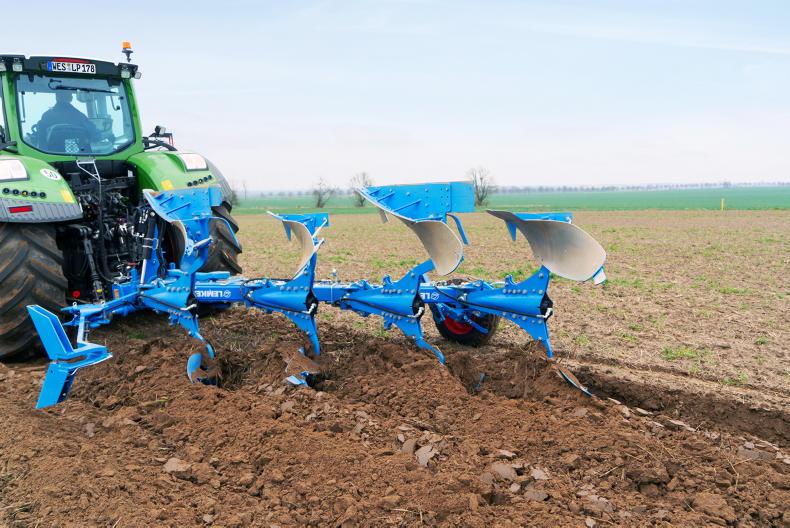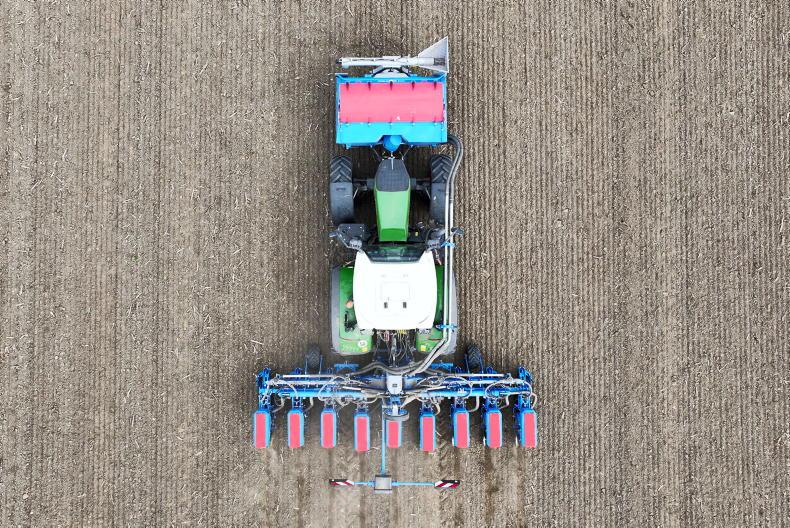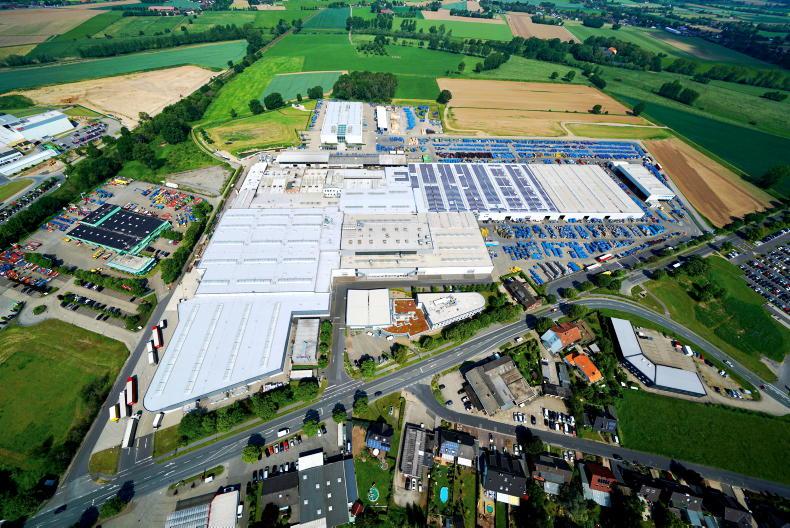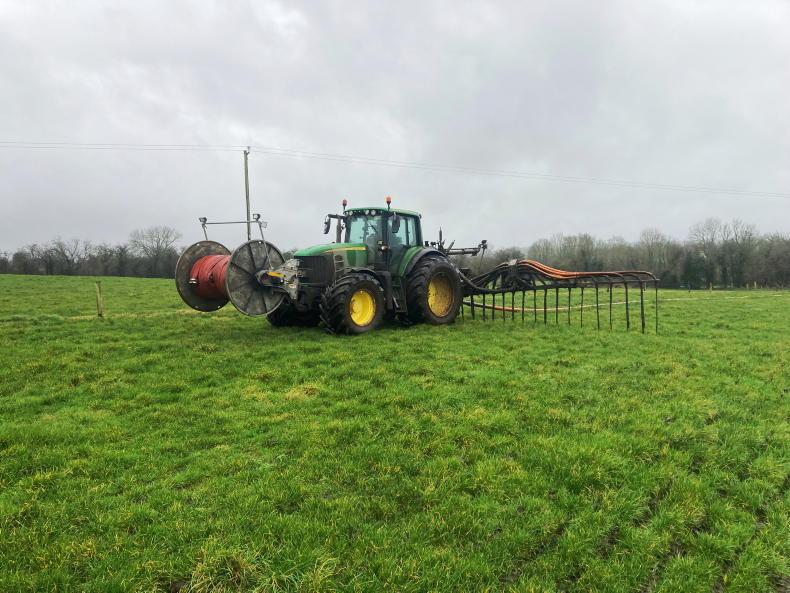Lemken has developed a Carbon Farming Plough in collaboration with the Leibniz Centre for Agricultural Landscape Research (ZALF).
The German research centre works on yield and climate effects of partial deep tillage and is funded by the German Federal Ministry of Food and Agriculture.
Lemken has taken the results of the research to create an implement for carbon enrichment in tillage soils which the manufacturer intends to make available to the market in 2024.
The carbon plough is designed with bodies of alternating depth to break up compacted soils and create wells below the tillage level in every other furrow which are then filled with topsoil over time.
Analyses of historical trials conducted by the ZALF show that more than half of the humus introduced in this manner is retained to secure the long-term storage of CO2 in the soil.
The lower soil layers with little humus which are ploughed up in the process are mixed with the topsoil and form new humus-rich topsoil within a matter of only a few years, as carbon is introduced from crops.
Soil fertility
Overall, the humus content of soils tilled in this manner therefore increases, and soil fertility improves. At the same time, this sustainable soil improvement creates a new business model in the form of carbon farming.
Breaking up compacted soils while also introducing humus-rich topsoil into wells allows plant roots to grow into deeper soil levels and access the retained water and nutrients.
The research centre believes that such an approach can lead to increased yields of 5% in the first year. It says that the effect was established as early as in the 1960s and 1980s and has been confirmed by recent field trials conducted by the ZALF.
New income streams
In addition to these benefits, the research centre believes this new carbon farming technology opens up new income streams for farmers in the form of trade in CO2 certificates. A potential future tax on CO2 emissions is therefore avoided, and the competitiveness of agricultural businesses is improved.
When paired with an iQblue connect module, the carbon plough will be capable of collecting site-specific work data and precisely documenting the depth and position of the wells created.










SHARING OPTIONS